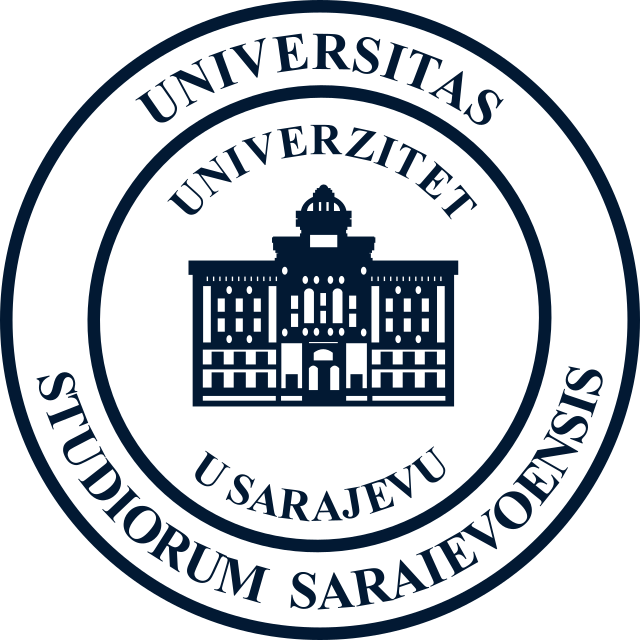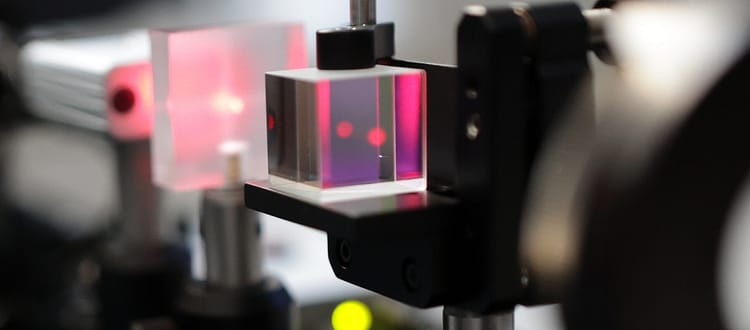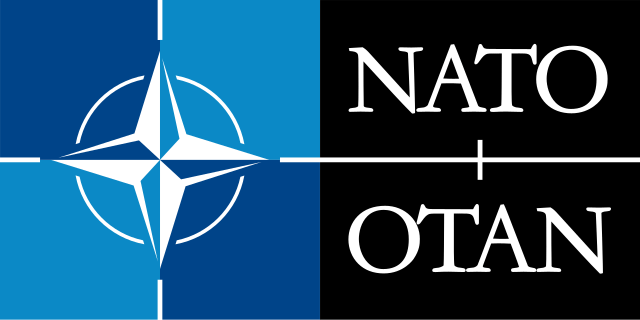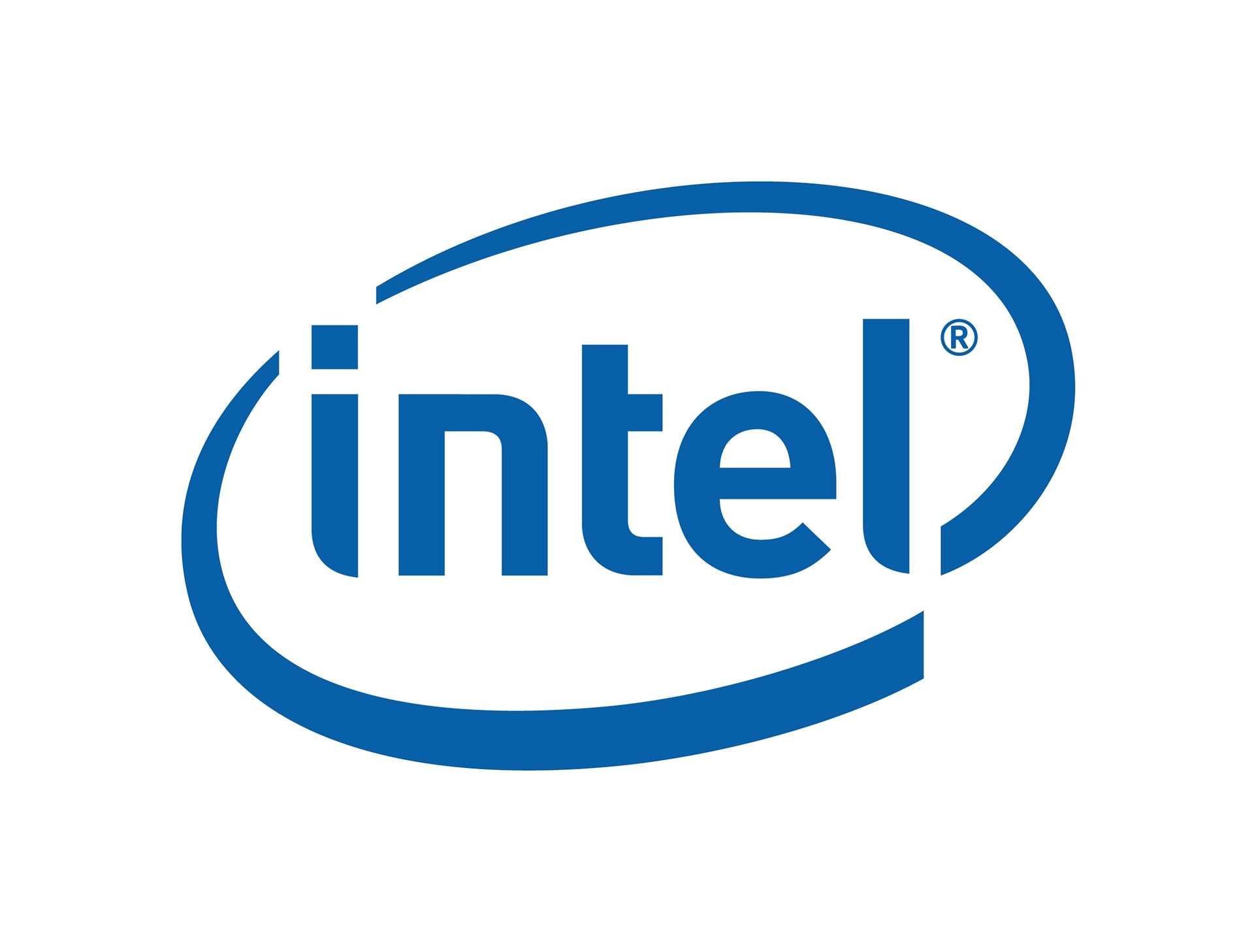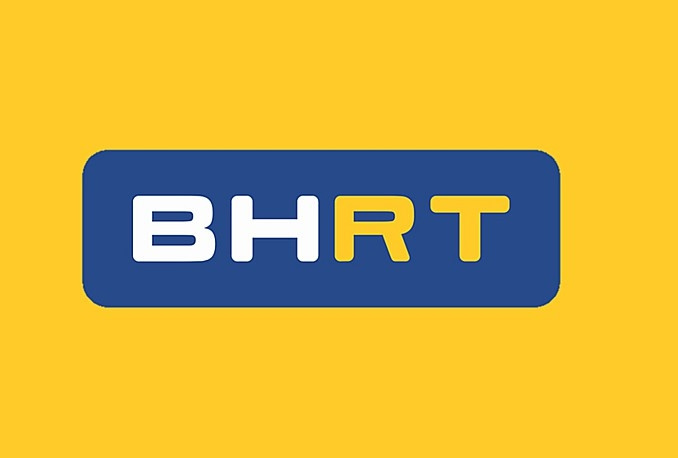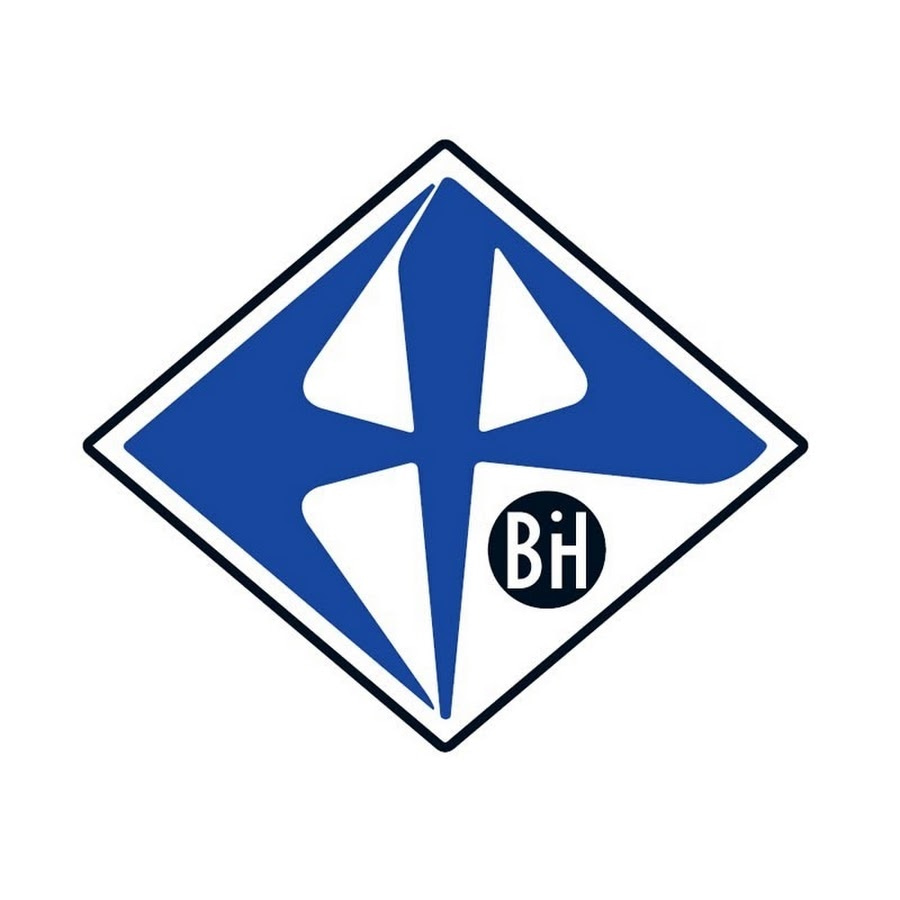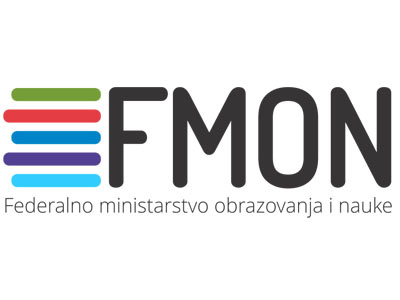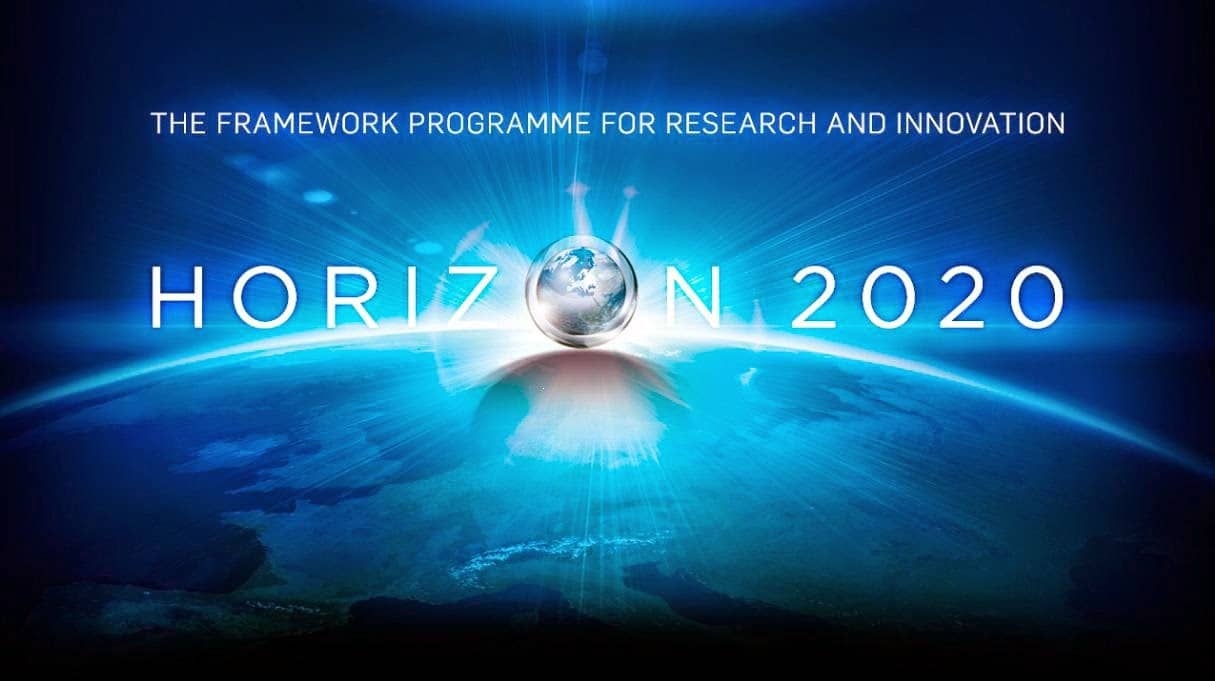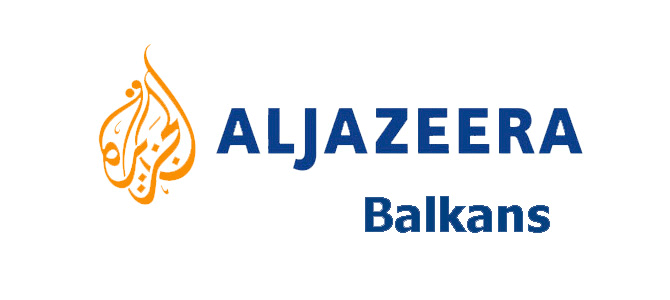The Department of Telecommunications is establishing a laboratory for quantum cryptography
The digital development of society is measured by the percentage of the population that uses advanced telecommunications networks. Bosnia and Herzegovina, with 73% of daily Internet users, belongs to the ranks of medium-developed countries. However, along with the factual importance of telecommunication systems comes the question of their security. Head of the Telecommunications Department of the Faculty of Electrical Engineering, University of Sarajevo, Assoc. Ph.D. Miralem Mehić says that our education must follow new trends in cyber-security and knowledge of cryptographic tools.
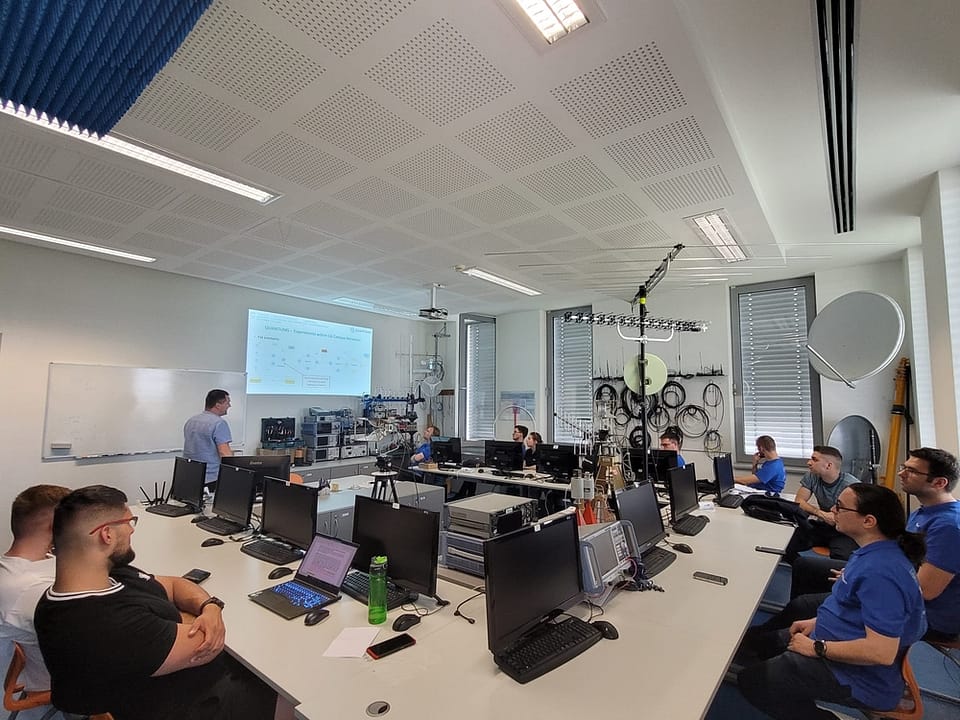
Dr. Mehić spoke more about the ETF’s news regarding dealing with this topic: With the support of the Sarajevo Canton Government, the University of Sarajevo and the United Nations Development Program (UNDP), a laboratory for quantum cryptography research was established.
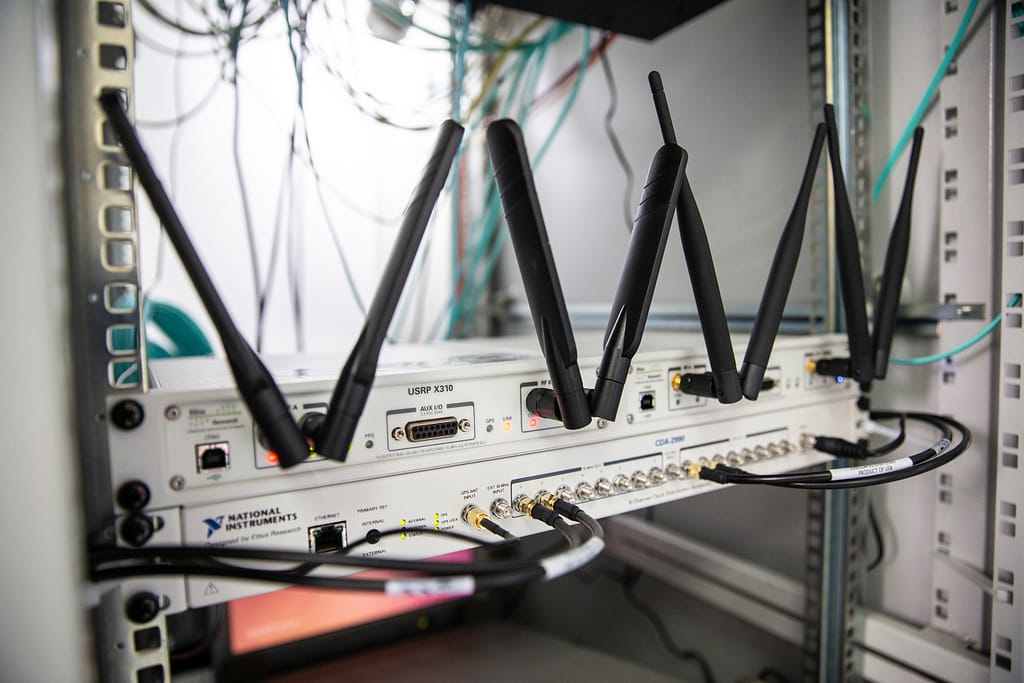
“Every communication in today’s telecommunication systems depends on cryptographic tools. Every access to the Internet through a web browser, sending emails, using VPN connections, VoIP calls, and instant messages (Viber, Whatsapp, Signal, and others) relies on the use of cryptographic techniques necessary to secure the confidentiality and authenticity of the communication. For these needs, asymmetric cryptography is most often used in the background of work, without the user even being aware of these techniques,” explains Mehić.
It is a technique that establishes a cryptographic code based on the computational complexity of mathematical problems. However, such cryptography, which is dominant in today’s telecommunication systems, is under threat due to the rapid development of electronics and computing.
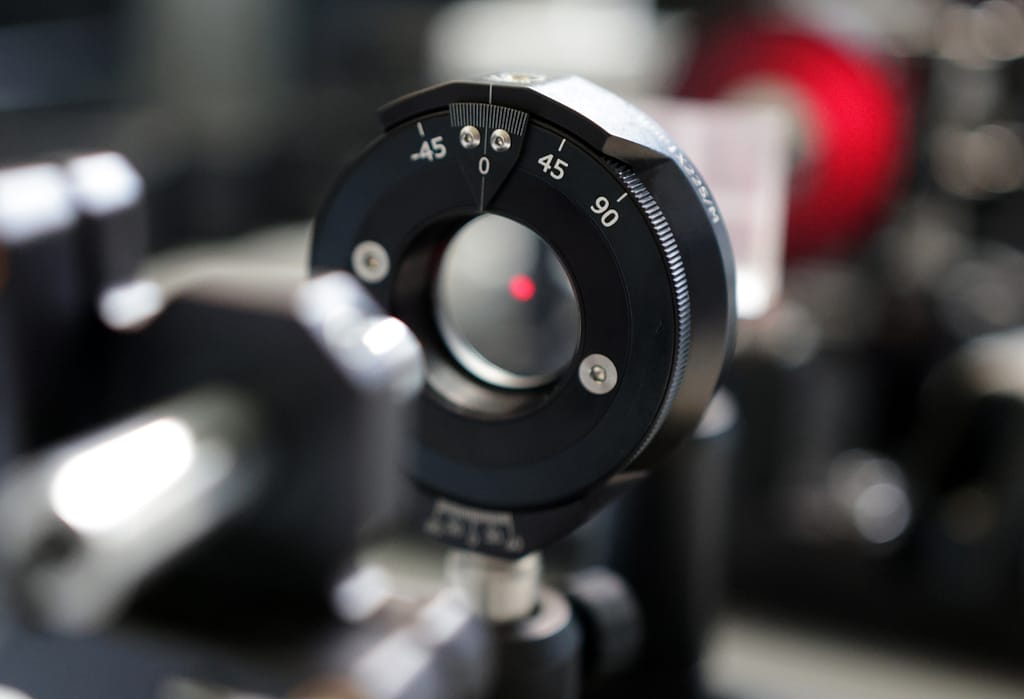
The trend of finding mathematical solutions for “breaking” cryptographic algorithms is increasing rapidly with the increasing performance of today’s computers. This, on the other hand, puts network security experts under considerable pressure to find new alternative solutions that deal with the emerging security threats of the post-quantum age.
“Described in simple language, the communication that we consider safe today and based on today’s cryptographic algorithms will become easily vulnerable and insecure with the development of quantum computers. Algorithms for deciphering today’s cryptographic techniques have been known for a long time, and their mass application requires more hardware with adequate computing power. One solution to this security challenge is to use more advanced techniques to establish cryptographic ciphers that are not susceptible to the described challenges. Quantum key distribution (QKD) is based on the laws of quantum physics instead of existing cryptographic techniques based on the computational complexity of mathematical problems. Therefore, “QKD provides the establishment of information-theoretically secure cryptographic keys (codes) that are protected from eavesdropping during establishment,” adds our interlocutor.
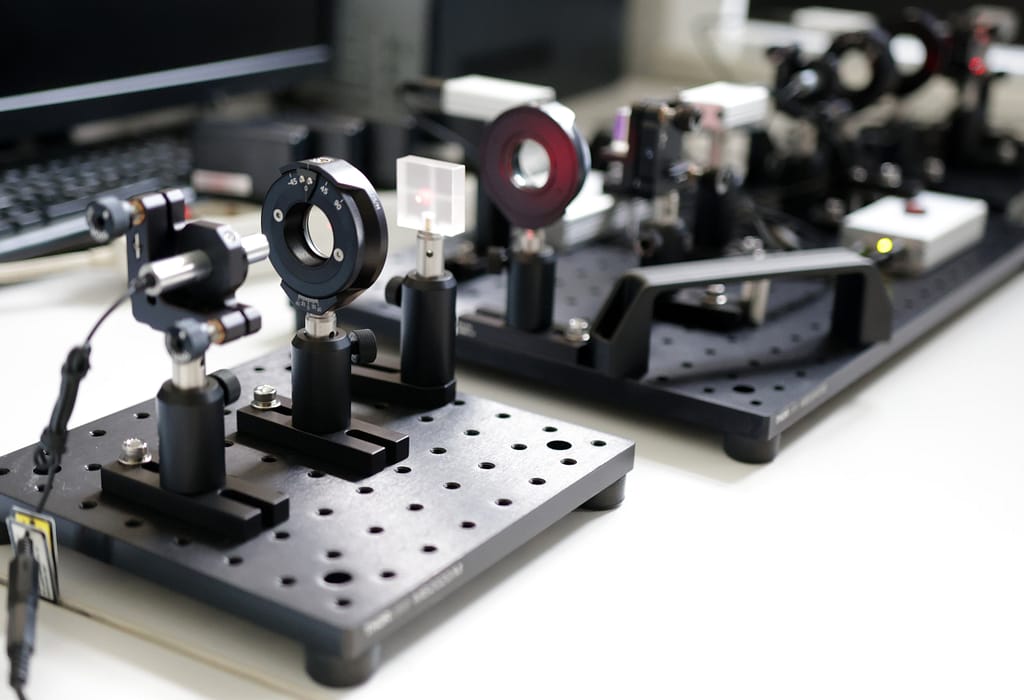
Information exchange via polarized light is used to establish a code between two remote devices. Given that a polarized light particle cannot be cloned or stored and relies on other quantum phenomena, QKD enables the highest degree of security when establishing a cryptographic code that is resistant even to attacks by quantum computers.
Mehić points out that progress in the development of quantum equipment is evident, which is practically reflected through a series of successful demonstrations of this technology around the world. The Faculty of Electrical Engineering of the University participates in several notable international projects to integrate this technology and improve work performance, among others, in the NATO SPS G5894 QUANTUM5 and the prestigious EU H2020 OPENQKD project. However, establishing the first quantum cryptography laboratory in Bosnia and Herzegovina is highlighted as extremely crucial – because it represents the first recognition by the local community of the importance of this segment of research and the work of the ETF.
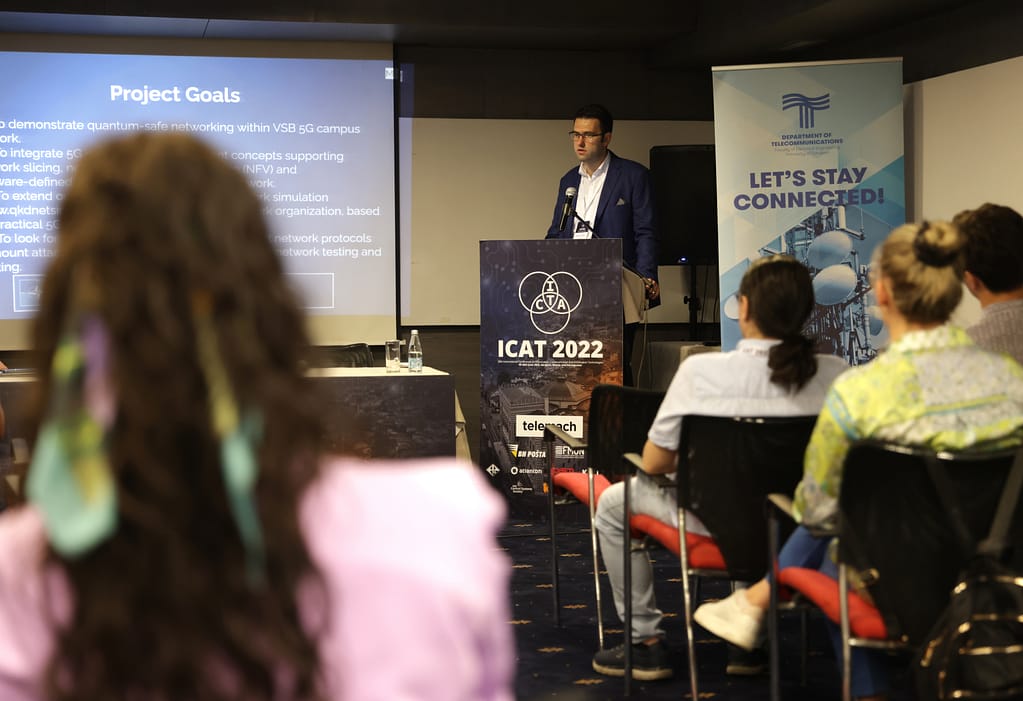
“As part of the project entitled ‘Formation of a quantum cryptography laboratory and development of a quantum cryptographic simulator regarding software-defined networks, which the Ministry of Science supported, Higher Education and Youth of Sarajevo Canton, the Government of KS, the University of Sarajevo and UNDP, the first set of optical and accompanying installation components necessary for equipping the first quantum cryptography laboratory in Bosnia and Herzegovina. It is the first quantum equipment in Bosnia and Herzegovina. The project is significant because it enables the modernization of the Department of Telecommunications laboratory and the acquisition of practical knowledge and scientific experience in advanced telecommunication techniques. The acquired equipment will largely open the door for further education, modernization of curricula, and enable new scientific research in quantum cryptography”, explains Mehić.
Members of the Department of Telecommunications have published more than 30 scientific papers in top international Q1/Q2 scientific journals in the past few years. During the pandemic and remote teaching, all master’s students have created separate virtual machines on the Department’s servers to enable uninterrupted remote education.
The initiative to form a laboratory for quantum cryptography received additional support from the Ministry of Science, Higher Education and Youth of the Sarajevo Canton, the Government of KS as part of the scientific and research projects planned for 2022, and the acquisition of additional quantum equipment and expansion of existing capacities is expected.
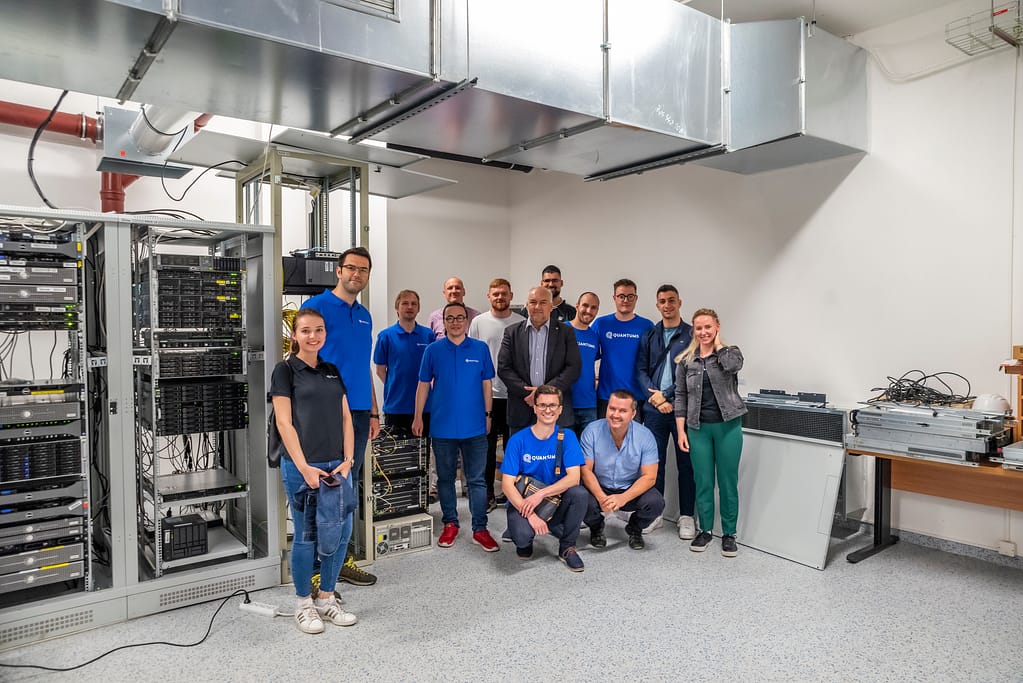
“Investment in education and scientific research work is valued multiple times. On this occasion, I would like to thank all the institutions and international and local partners who support our work. Our goal is further modernization of the Department of Telecommunications laboratory, improvement of the teaching process, and more active participation in the next international and local scientific-research projects”, concludes Assoc. at the end of the conversation. Ph.D. Miralem Mehić, head of the Department of Telecommunications, Faculty of Electrical Engineering, University of Sarajevo.
SOURCE: https://www.klix.ba/scitech/nauka/elektrotehnicki-fakultet-u-sarajevu-formira-laboratoriju-za-istrazivanje-kvantne-kriptografije/221006069The digital development of society is measured by the percentage of the population that uses advanced telecommunications networks. Bosnia and Herzegovina, with 73% of daily Internet users, belongs to the ranks of medium-developed countries. However, along with the factual importance of telecommunication systems comes the question of their security. Head of the Telecommunications Department of the Faculty of Electrical Engineering, University of Sarajevo, Assoc. Ph.D. Miralem Mehić says that our education must follow new trends in cyber-security and knowledge of cryptographic tools.

Dr. Mehić spoke more about the ETF’s news regarding dealing with this topic: With the support of the Sarajevo Canton Government, the University of Sarajevo and the United Nations Development Program (UNDP), a laboratory for quantum cryptography research was established.

“Every communication in today’s telecommunication systems depends on cryptographic tools. Every access to the Internet through a web browser, sending emails, using VPN connections, VoIP calls, and instant messages (Viber, Whatsapp, Signal, and others) relies on the use of cryptographic techniques necessary to secure the confidentiality and authenticity of the communication. For these needs, asymmetric cryptography is most often used in the background of work, without the user even being aware of these techniques,” explains Mehić.
It is a technique that establishes a cryptographic code based on the computational complexity of mathematical problems. However, such cryptography, which is dominant in today’s telecommunication systems, is under threat due to the rapid development of electronics and computing.

The trend of finding mathematical solutions for “breaking” cryptographic algorithms is increasing rapidly with the increasing performance of today’s computers. This, on the other hand, puts network security experts under considerable pressure to find new alternative solutions that deal with the emerging security threats of the post-quantum age.
“Described in simple language, the communication that we consider safe today and based on today’s cryptographic algorithms will become easily vulnerable and insecure with the development of quantum computers. Algorithms for deciphering today’s cryptographic techniques have been known for a long time, and their mass application requires more hardware with adequate computing power. One solution to this security challenge is to use more advanced techniques to establish cryptographic ciphers that are not susceptible to the described challenges. Quantum key distribution (QKD) is based on the laws of quantum physics instead of existing cryptographic techniques based on the computational complexity of mathematical problems. Therefore, “QKD provides the establishment of information-theoretically secure cryptographic keys (codes) that are protected from eavesdropping during establishment,” adds our interlocutor.

Information exchange via polarized light is used to establish a code between two remote devices. Given that a polarized light particle cannot be cloned or stored and relies on other quantum phenomena, QKD enables the highest degree of security when establishing a cryptographic code that is resistant even to attacks by quantum computers.
Mehić points out that progress in the development of quantum equipment is evident, which is practically reflected through a series of successful demonstrations of this technology around the world. The Faculty of Electrical Engineering of the University participates in several notable international projects to integrate this technology and improve work performance, among others, in the NATO SPS G5894 QUANTUM5 and the prestigious EU H2020 OPENQKD project. However, establishing the first quantum cryptography laboratory in Bosnia and Herzegovina is highlighted as extremely crucial – because it represents the first recognition by the local community of the importance of this segment of research and the work of the ETF.

“As part of the project entitled ‘Formation of a quantum cryptography laboratory and development of a quantum cryptographic simulator regarding software-defined networks, which the Ministry of Science supported, Higher Education and Youth of Sarajevo Canton, the Government of KS, the University of Sarajevo and UNDP, the first set of optical and accompanying installation components necessary for equipping the first quantum cryptography laboratory in Bosnia and Herzegovina. It is the first quantum equipment in Bosnia and Herzegovina. The project is significant because it enables the modernization of the Department of Telecommunications laboratory and the acquisition of practical knowledge and scientific experience in advanced telecommunication techniques. The acquired equipment will largely open the door for further education, modernization of curricula, and enable new scientific research in quantum cryptography”, explains Mehić.
Members of the Department of Telecommunications have published more than 30 scientific papers in top international Q1/Q2 scientific journals in the past few years. During the pandemic and remote teaching, all master’s students have created separate virtual machines on the Department’s servers to enable uninterrupted remote education.
The initiative to form a laboratory for quantum cryptography received additional support from the Ministry of Science, Higher Education and Youth of the Sarajevo Canton, the Government of KS as part of the scientific and research projects planned for 2022, and the acquisition of additional quantum equipment and expansion of existing capacities is expected.

“Investment in education and scientific research work is valued multiple times. On this occasion, I would like to thank all the institutions and international and local partners who support our work. Our goal is further modernization of the Department of Telecommunications laboratory, improvement of the teaching process, and more active participation in the next international and local scientific-research projects”, concludes Assoc. at the end of the conversation. Ph.D. Miralem Mehić, head of the Department of Telecommunications, Faculty of Electrical Engineering, University of Sarajevo.



